
Despite UKGC rules forbidding video slot developers to include auto-spins and quick spins, video slot gameplay in the YK continues to rise! (Photo by Darya Sannikova)
Amid increasing regulations, the UK online slots industry continues to grow, generating over £2.9 billion annually.
The UKGC has introduced stricter rules to protect players, such as banning quick spins and auto-play and requiring games to display total wins and losses via a reality check.
Despite concerns about stifling innovation and driving players to offshore gaming, developers have adapted by creating localised game versions for the UK market. And it seems that the popularity of online slots is still very much on the up and up.
Of course, the industry must strike a balance between safety and revenue generation to maintain its success as further regulations are anticipated. Especially with the UK white paper on the horizon which could affect other areas of online slot players’ gambling experience such as affordability checks.
In a recent news report on Tuesday, I revealed 65% of UK gamblers reject affordability checks. It’s an interesting read with an alarming statistic showing that 65% of 1,001 participants will reject affordability checks. Could that lead to a larger number of players heading over to black market online gambling sites?
For now, UK online slots in the Q3 financial year 2023 have grown in popularity versus Q3 financial year 2022 according to UKGC data released covering stats released by operators. How can it be Q3 financial year 2023? All will be revealed!
2022-23 Online Slots GGY & Number of Spins Increases Year-on-Year
The figures compare the financial year of 2021-2022 Q3 to the 2022-2023 Q3 financial year counting all sites on the UKGC’s UK online casinos list. For those of you that are unsure, the UK’s financial year runs from 6 April to 5 April year to year. Therefore, Q3 is July, August, and September for both the 2021-2022 and 2022-2023 stats as the tax year for the latter recently ended 8 days ago on 5 April 2023. I hope that’s clear!
The results are impressive…
Even though the UKGC has declared war on some of the functionalities video slots have to offer, UK online casino players are not discouraged from grinding the reels.
In fact, the number of spins has gone up by 8% compared to stats released in 2021-22. This resulted in a Gross Gambling Yield (GGY) that increase by 2%. It could have been more having quick spins and auto-play not been removed as well as reality checks added. However, these are all features that encourage gambling, so I am all for safer measures.
Adding to this, there were 13% more active accounts in the 2021-23 period year-on-year and an 11% rise in sessions over 1 hour. That total meant 9 million players, which is the highest the UKGC has ever recorded. What’s even more impressive is that the 2021-22 Q3 stats derive from a quarter in which the UK was in lockdown. That should mean more players online as no one was working. Therefore, these stats are truly impressive!
Q3 2021-22 Vs Q3 2022-2023 Financial Years
(July to August)
- GGY increase of 2%
- Number of spins increased by 8%
- Active accounts rose by 13%
- Sessions above 1 hour rose 11%
- 9 million players (highest recorded in the UK)
Is this bad news? Although many of the UK’s online gambling operators may look at this as a good sign, the bigwigs thrashing out the white paper may see this stat as a chance to impose even more restrictions on slots. However, hopefully, by now those involved are aware of the risk of the rise of black-market gambling!
UK Online Gambling Market Estimated at £2.9 Billion per Year
You read that correctly. With a population closing in on 70 million in the UK, the gambling market alone reports an average of £2.9 billion, which is impressive compared to other European markets. With that number in mind, you can see why the UK market is an attractive destination for top software providers like Pragmatic Play, Evolution, Playtech, Red Tiger Gaming and Play’n GO.
What does the future hold? These figures are just a snippet of the entire UK gambling market. In another report by the UKGC called the operator data to December 2022, it shows that the GGY for slot decreased for slots year-on-year comparing October-December 2022 to 2021.



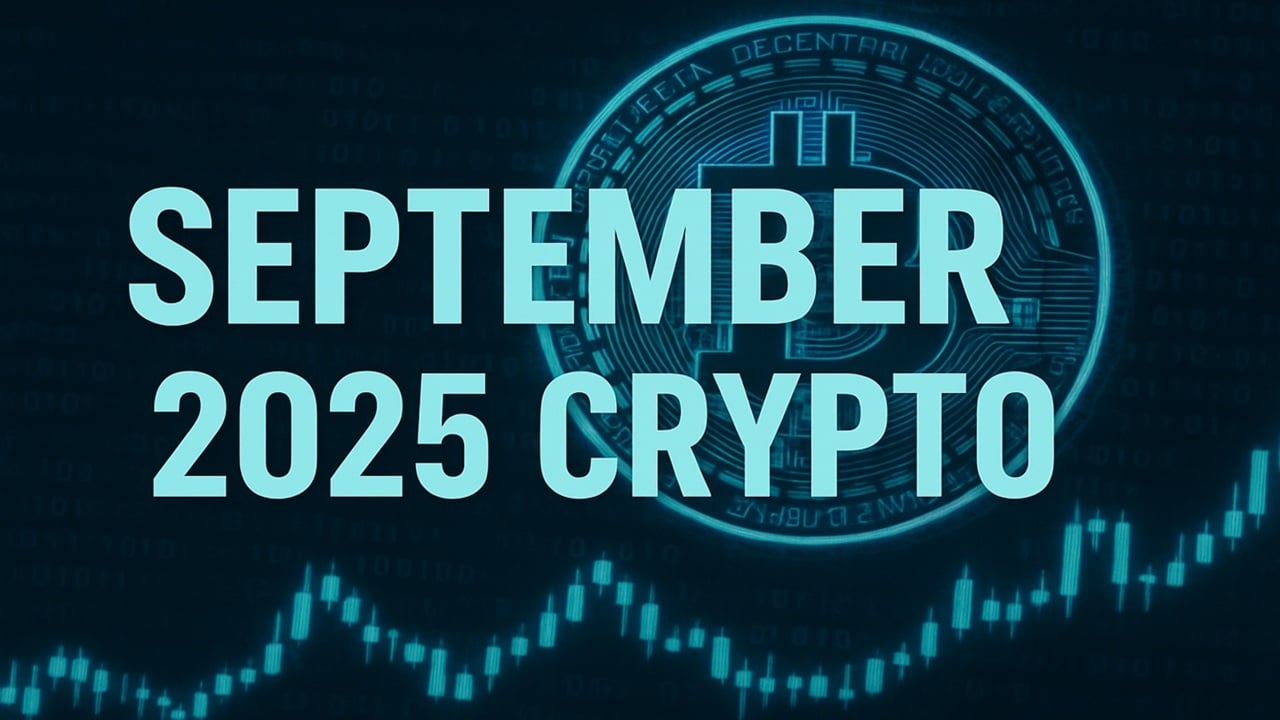

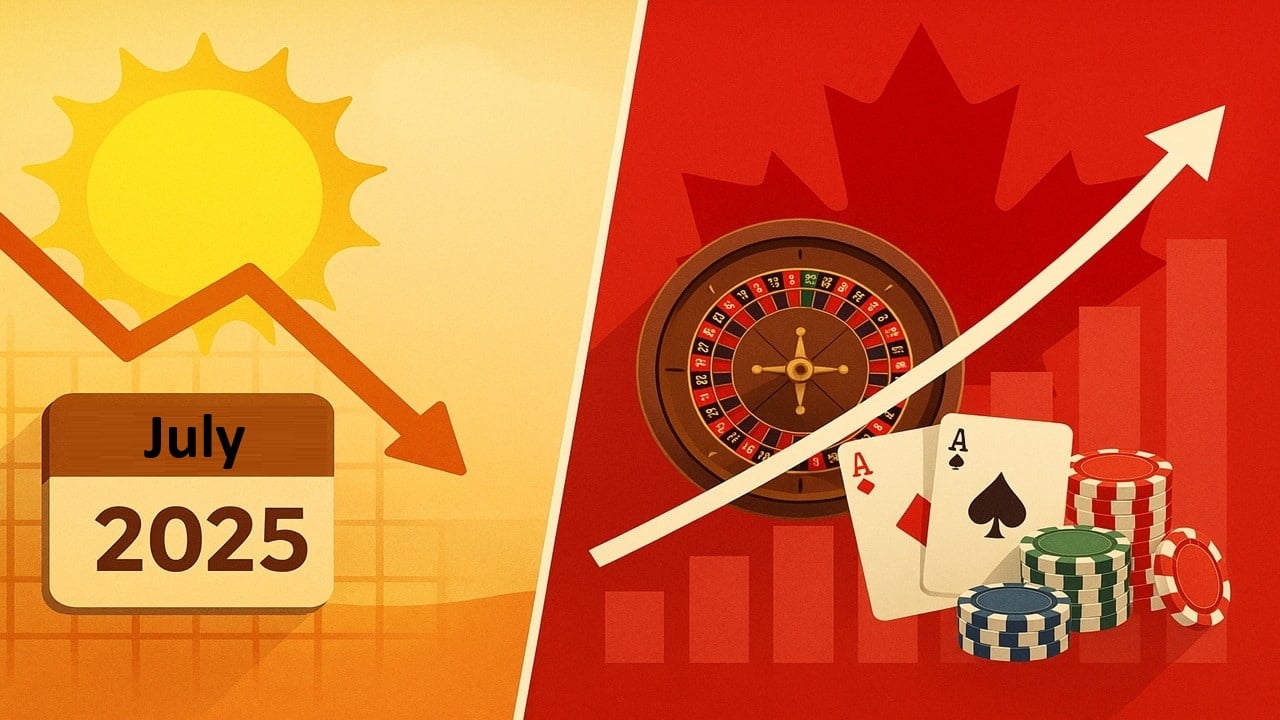
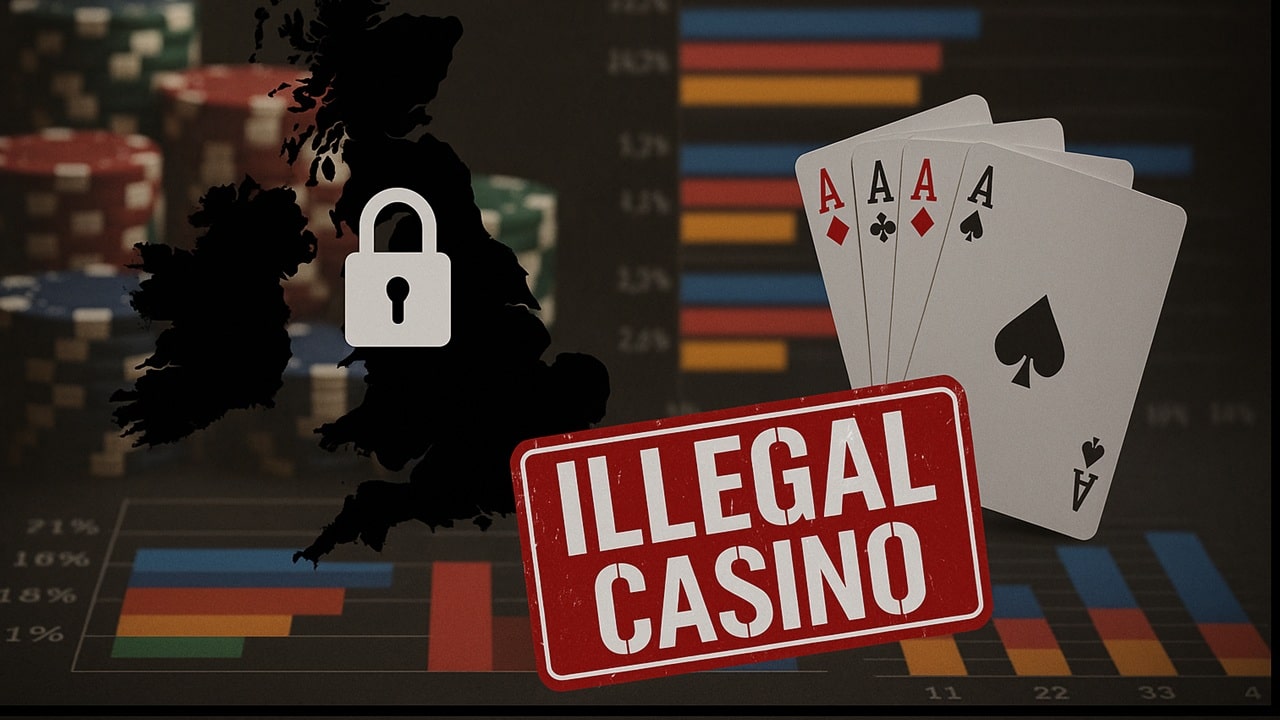









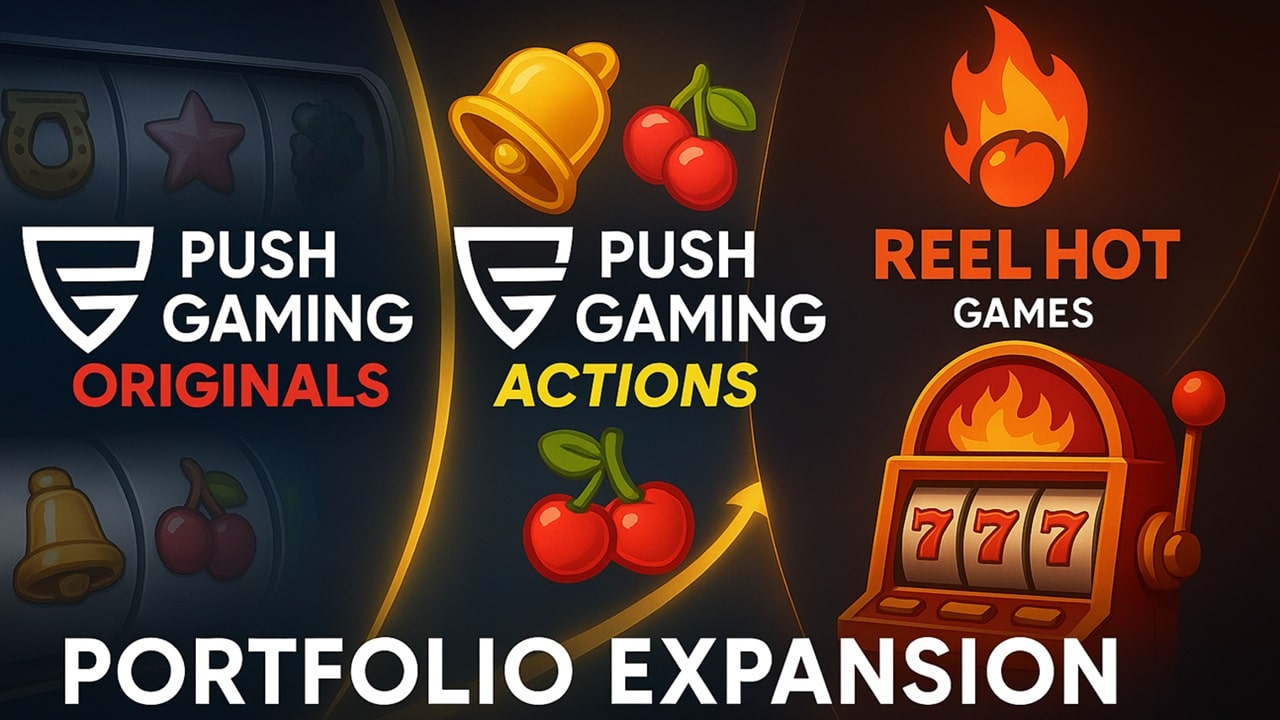



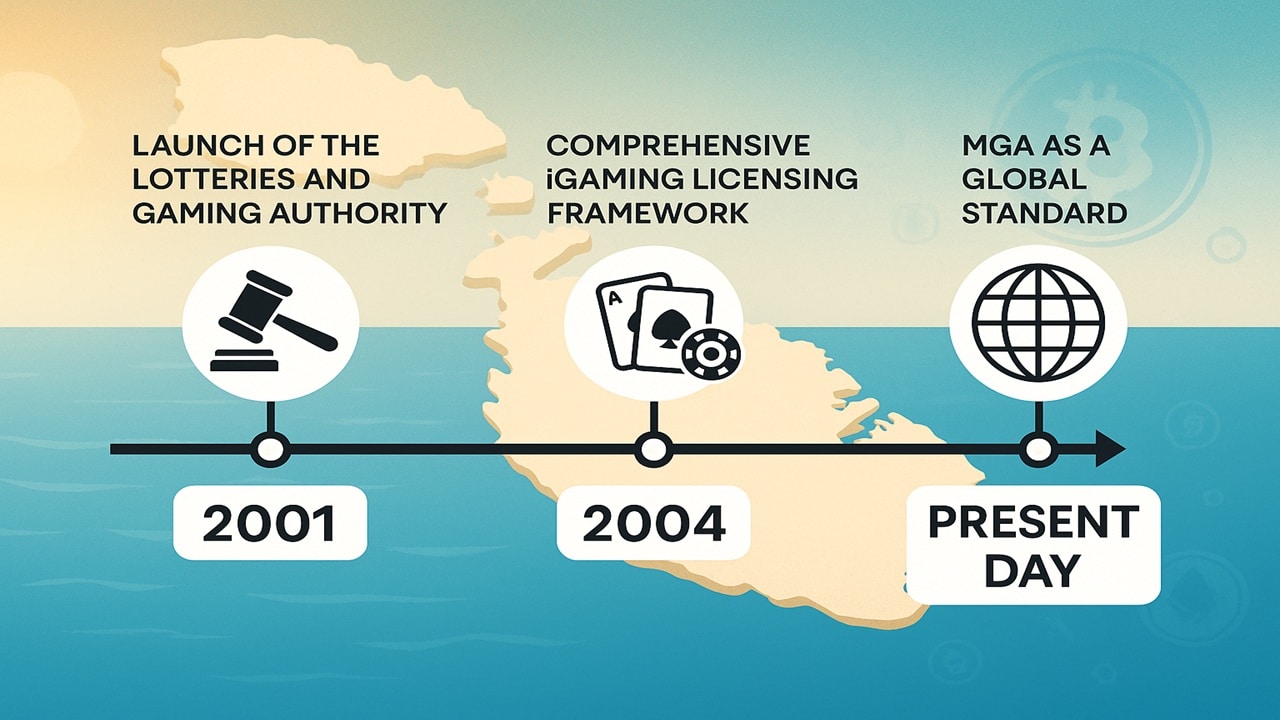


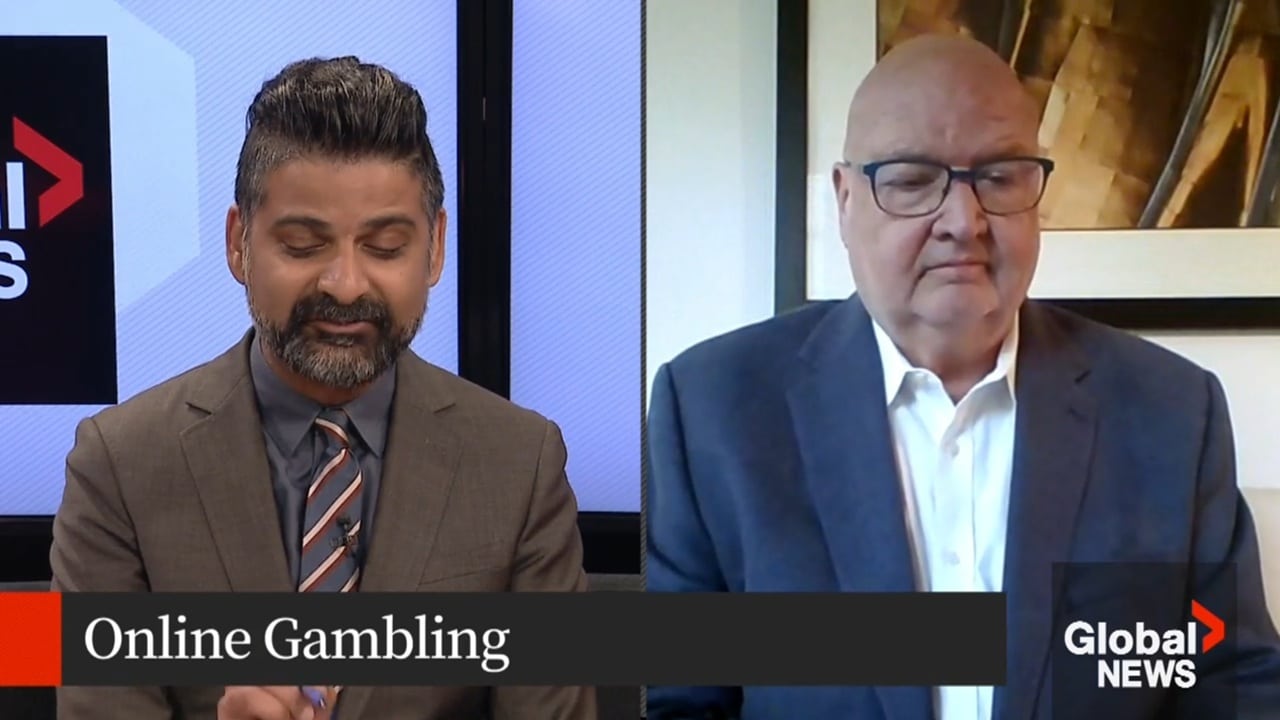


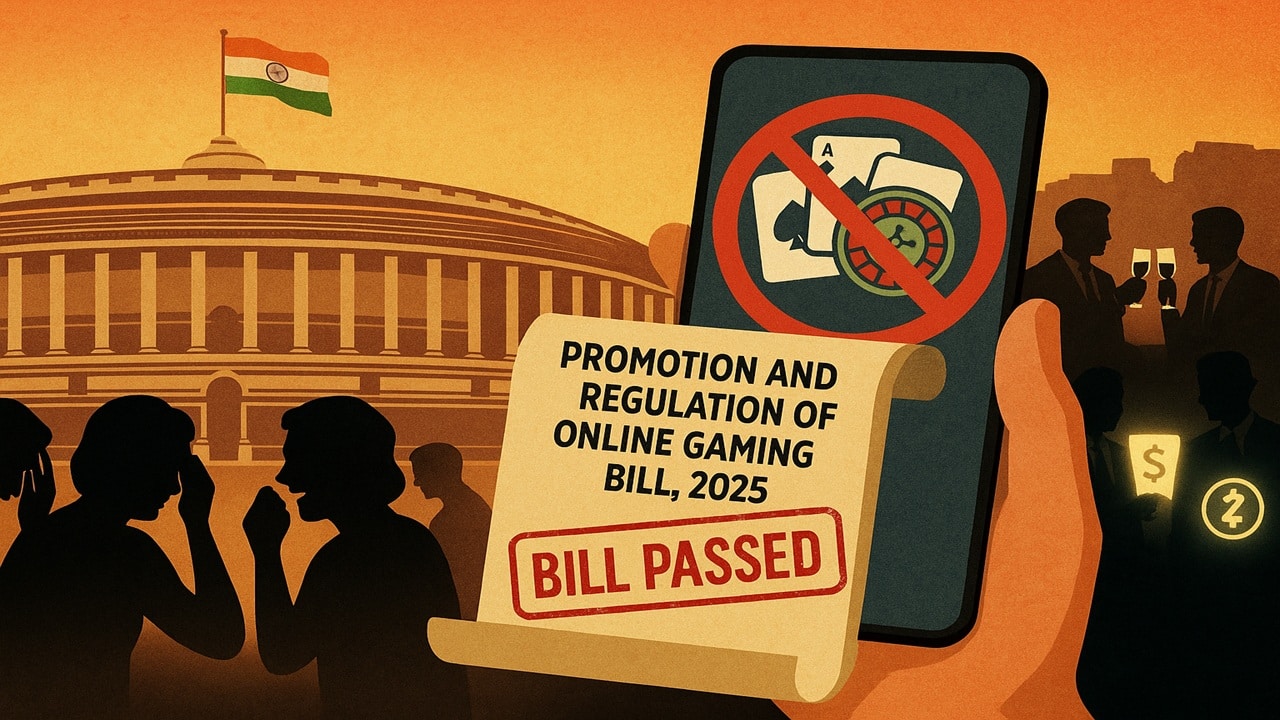



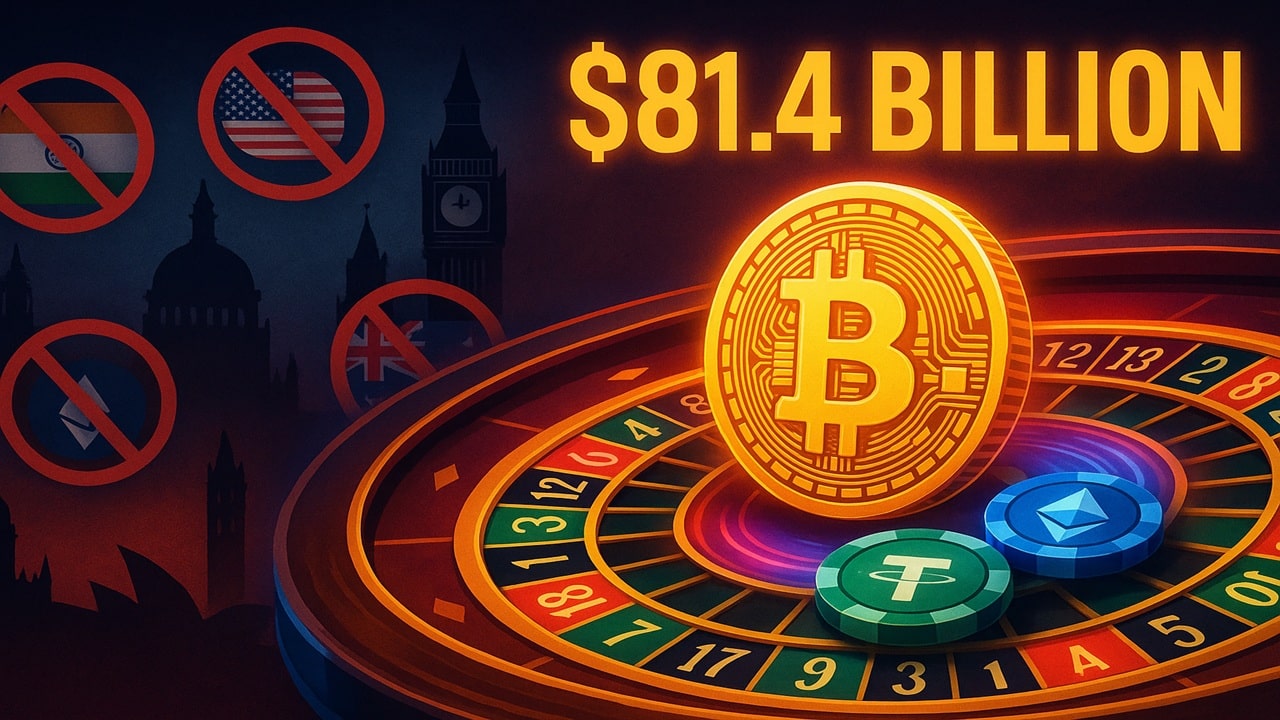
Leave A Comment